shan // ph Just a girl who's trying to survive new hashtag!now tracking #nekostudies
Don't wanna be here? Send us removal request.
Text
How I learned to write smarter, not harder
(aka, how to write when you're hella ADHD lol)
A reader commented on my current long fic asking how I write so well. I replied with an essay of my honestly pretty non-standard writing advice (that they probably didn't actually want lol) Now I'm gonna share it with you guys and hopefully there's a few of you out there who will benefit from my past mistakes and find some useful advice in here. XD Since I started doing this stuff, which are all pretty easy changes to absorb into your process if you want to try them, I now almost never get writer's block.
The text of the original reply is indented, and I've added some additional commentary to expand upon and clarify some of the concepts.
As for writing well, I usually attribute it to the fact that I spent roughly four years in my late teens/early 20s writing text roleplay with a friend for hours every single day. Aside from the constant practice that provided, having a live audience immediately reacting to everything I wrote made me think a lot about how to make as many sentences as possible have maximum impact so that I could get that kind of fun reaction. (Which is another reason why comments like yours are so valuable to fanfic writers! <3) The other factors that have improved my writing are thus: 1. Writing nonlinearly. I used to write a whole story in order, from the first sentence onward. If there was a part I was excited to write, I slogged through everything to get there, thinking that it would be my reward once I finished everything that led up to that. It never worked. XD It was miserable. By the time I got to the part I wanted to write, I had beaten the scene to death in my head imagining all the ways I could write it, and it a) no longer interested me and b) could not live up to my expectations because I couldn't remember all my ideas I'd had for writing it. The scene came out mediocre and so did everything leading up to it. Since then, I learned through working on VN writing (I co-own a game studio and we have some visual novels that I write for) that I don't have to write linearly. If I'm inspired to write a scene, I just write it immediately. It usually comes out pretty good even in a first draft! But then I also have it for if I get more ideas for that scene later, and I can just edit them in. The scenes come out MUCH stronger because of this. And you know what else I discovered? Those scenes I slogged through before weren't scenes I had no inspiration for, I just didn't have any inspiration for them in that moment! I can't tell you how many times there was a scene I had no interest in writing, and then a week later I'd get struck by the perfect inspiration for it! Those are scenes I would have done a very mediocre job on, and now they can be some of the most powerful scenes because I gave them time to marinate. Inspiration isn't always linear, so writing doesn't have to be either!
Some people are the type that joyfully write linearly. I have a friend like this--she picks up the characters and just continues playing out the next scene. Her story progresses through the entire day-by-day lives of the characters; it never timeskips more than a few hours. She started writing and posting just eight months ago, she's about an eighth of the way through her planned fic timeline, and the content she has so far posted to AO3 for it is already 450,000 words long. But most of us are normal humans. We're not, for the most part, wired to create linearly. We consume linearly, we experience linearly, so we assume we must also create linearly. But actually, a lot of us really suffer from trying to force ourselves to create this way, and we might not even realize it. If you're the kind of person who thinks you need to carrot-on-a-stick yourself into writing by saving the fun part for when you finally write everything that happens before it: Stop. You're probably not a linear writer. You're making yourself suffer for no reason and your writing is probably suffering for it. At least give nonlinear writing a try before you assume you can't write if you're not baiting or forcing yourself into it!! Remember: Writing is fun. You do this because it's fun, because it's your hobby. If you're miserable 80% of the time you're doing it, you're probably doing it wrong!
2. Rereading my own work. I used to hate reading my own work. I wouldn't even edit it usually. I would write it and slap it online and try not to look at it again. XD Writing nonlinearly forced me to start rereading because I needed to make sure scenes connected together naturally and it also made it easier to get into the headspace of the story to keep writing and fill in the blanks and get new inspiration. Doing this built the editing process into my writing process--I would read a scene to get back in the headspace, dislike what I had written, and just clean it up on the fly. I still never ever sit down to 'edit' my work. I just reread it to prep for writing and it ends up editing itself. Many many scenes in this fic I have read probably a dozen times or more! (And now, I can actually reread my own work for enjoyment!) Another thing I found from doing this that it became easy to see patterns and themes in my work and strengthen them. Foreshadowing became easy. Setting up for jokes or plot points became easy. I didn't have to plan out my story in advance or write an outline, because the scenes themselves because a sort of living outline on their own. (Yes, despite all the foreshadowing and recurring thematic elements and secret hidden meanings sprinkled throughout this story, it actually never had an outline or a plan for any of that. It's all a natural byproduct of writing nonlinearly and rereading.)
Unpopular writing opinion time: You don't need to make a detailed outline.
Some people thrive on having an outline and planning out every detail before they sit down to write. But I know for a lot of us, we don't know how to write an outline or how to use it once we've written it. The idea of making one is daunting, and the advice that it's the only way to write or beat writer's block is demoralizing. So let me explain how I approach "outlining" which isn't really outlining at all.
I write in a Notion table, where every scene is a separate table entry and the scene is written in the page inside that entry. I do this because it makes writing nonlinearly VASTLY more intuitive and straightforward than writing in a single document. (If you're familiar with Notion, this probably makes perfect sense to you. If you're not, imagine something a little like a more contained Google Sheets, but every row has a title cell that opens into a unique Google Doc when you click on it. And it's not as slow and clunky as the Google suite lol) (Edit from the future: I answered an ask with more explanation on how I use Notion for non-linear writing here.) When I sit down to begin a new fic idea, I make a quick entry in the table for every scene I already know I'll want or need, with the entries titled with a couple words or a sentence that describes what will be in that scene so I'll remember it later. Basically, it's the most absolute bare-bones skeleton of what I vaguely know will probably happen in the story.
Then I start writing, wherever I want in the list. As I write, ideas for new scenes and new connections and themes will emerge over time, and I'll just slot them in between the original entries wherever they naturally fit, rearranging as necessary, so that I won't forget about them later when I'm ready to write them. As an example, my current long fic started with a list of roughly 35 scenes that I knew I wanted or needed, for a fic that will probably be around 100k words (which I didn't know at the time haha). As of this writing, it has expanded to 129 scenes. And since I write them directly in the page entries for the table, the fic is actually its own outline, without any additional effort on my part. As I said in the comment reply--a living outline!
This also made it easier to let go of the notion that I had to write something exactly right the first time. (People always say you should do this, but how many of us do? It's harder than it sounds! I didn't want to commit to editing later! I didn't want to reread my work! XD) I know I'm going to edit it naturally anyway, so I can feel okay giving myself permission to just write it approximately right and I can fix it later. And what I found from that was that sometimes what I believed was kind of meh when I wrote it was actually totally fine when I read it later! Sometimes the internal critic is actually wrong. 3. Marinating in the headspace of the story. For the first two months I worked on [fic], I did not consume any media other than [fandom the fic is in]. I didn't watch, read, or play anything else. Not even mobile games. (And there wasn't really much fan content for [fandom] to consume either. Still isn't, really. XD) This basically forced me to treat writing my story as my only source of entertainment, and kept me from getting distracted or inspired to write other ideas and abandon this one.
As an aside, I don't think this is a necessary step for writing, but if you really want to be productive in a short burst, I do highly recommend going on a media consumption hiatus. Not forever, obviously! Consuming media is a valuable tool for new inspiration, and reading other's work (both good and bad, as long as you think critically to identify the differences!) is an invaluable resource for improving your writing.
When I write, I usually lay down, close my eyes, and play the scene I'm interested in writing in my head. I even take a ten-minute nap now and then during this process. (I find being in a state of partial drowsiness, but not outright sleepiness, makes writing easier and better. Sleep helps the brain process and make connections!) Then I roll over to the laptop next to me and type up whatever I felt like worked for the scene. This may mean I write half a sentence at a time between intervals of closed-eye-time XD
People always say if you're stuck, you need to outline.
What they actually mean by that (whether they realize it or not) is that if you're stuck, you need to brainstorm. You need to marinate. You don't need to plan what you're doing, you just need to give yourself time to think about it!
What's another framing for brainstorming for your fic? Fantasizing about it! Planning is work, but fantasizing isn't.
You're already fantasizing about it, right? That's why you're writing it. Just direct that effort toward the scenes you're trying to write next! Close your eyes, lay back, and fantasize what the characters do and how they react.
And then quickly note down your inspirations so you don't forget, haha.
And if a scene is so boring to you that even fantasizing about it sucks--it's probably a bad scene.
If it's boring to write, it's going to be boring to read. Ask yourself why you wanted that scene. Is it even necessary? Can you cut it? Can you replace it with a different scene that serves the same purpose but approaches the problem from a different angle? If you can't remove the troublesome scene, what can you change about it that would make it interesting or exciting for you to write?
And I can't write sitting up to save my damn life. It's like my brain just stops working if I have to sit in a chair and stare at a computer screen. I need to be able to lie down, even if I don't use it! Talking walks and swinging in a hammock are also fantastic places to get scene ideas worked out, because the rhythmic motion also helps our brain process. It's just a little harder to work on a laptop in those scenarios. XD
In conclusion: Writing nonlinearly is an amazing tool for kicking writer's block to the curb. There's almost always some scene you'll want to write. If there isn't, you need to re-read or marinate.
Or you need to use the bathroom, eat something, or sleep. XD Seriously, if you're that stuck, assess your current physical condition. You might just be unable to focus because you're uncomfortable and you haven't realized it yet.
Anyway! I hope that was helpful, or at least interesting! XD Sorry again for the text wall. (I think this is the longest comment reply I've ever written!)
And same to you guys on tumblr--I hope this was helpful or at least interesting. XD Reblogs appreciated if so! (Maybe it'll help someone else!)
31K notes
·
View notes
Text

who knew, all i needed was a new read to feel whole again! dipping into ali smith with how to be both, and i have many many thoughts ⊹₊⋆
683 notes
·
View notes
Text


i finally bought a chair and can now use the table in my room
1K notes
·
View notes
Text


2024-07-26
Finally got myself out of the house to do some work for my internship, just making a presentation script for my research showcase in 2 weeks! Beautiful weather and absolutely delicious tea.
Will do a summer recap soon! I have so many photos I haven’t posted and things I haven’t shared.
328 notes
·
View notes
Text


08.08.2024—moments of clarity & peace in a chaotic day. back in psychiatric care
486 notes
·
View notes
Text


took myself on a little writing retreat to Brugge after my excavation ended!
765 notes
·
View notes
Text




9.8.24 ⭑.ᐟ
i'm still trying to cope with certain academic setbacks but the good news is, exam phase is officially over and i can theoretically enjoy the summer now ⋆☀︎。
287 notes
·
View notes
Text
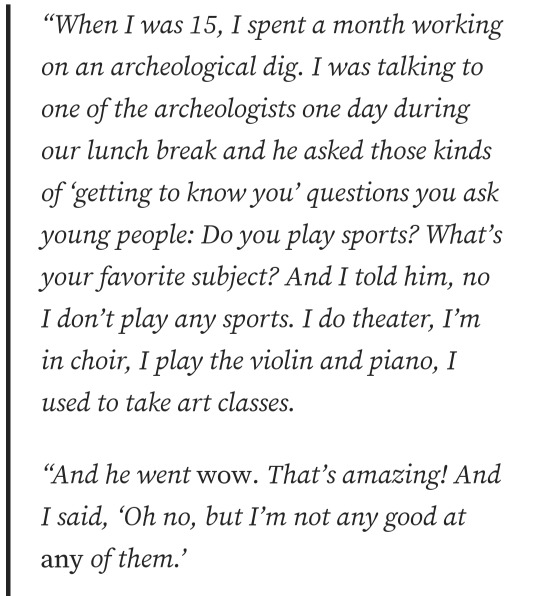
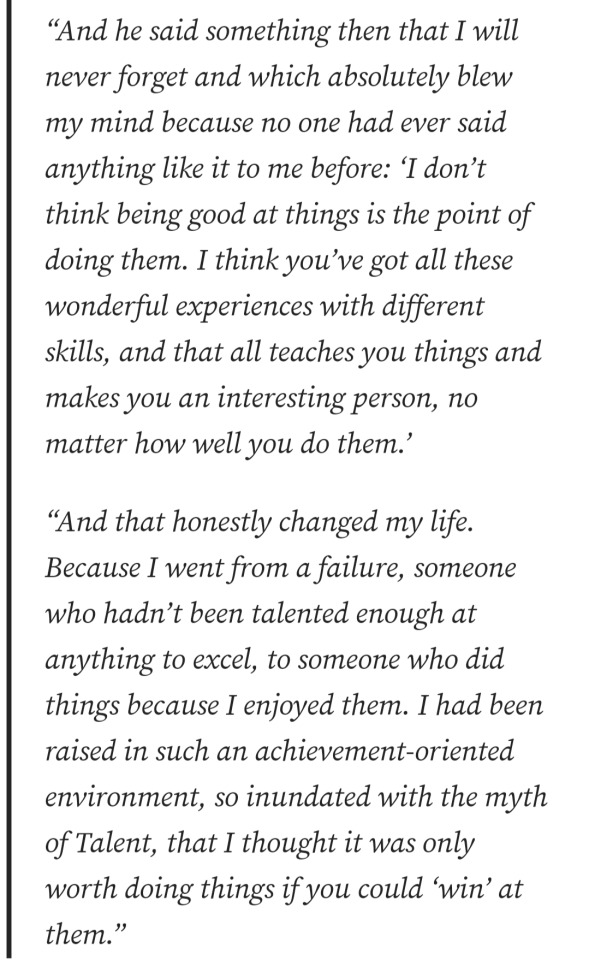
kurt vonnegut, being good at things is not the point of doing them.
34K notes
·
View notes
Text
Some Poetry Vocabulary
alliteration: The repetition of consonant sounds.
allusion: An indirect reference in art or writing to another visual or literary work or a historical personage or event.
antithesis: The contrast of ideas through the use of terms with opposite meanings.
appropriation: The practice of incorporating elements from a preexisting literary or visual work to create a new work.
assonance: The repetition of vowel sounds.
calligram: A type of poem, such as that created by the French poet Guillaume Apollinaire in his book Caligrammes, made up of words that are placed in such a way that they visually represent the subject of the poem.
coined words: Invented words.
concrete poem: A poetic work that calls a reader’s attention to the visual appearance or shape of the letters, words, or lines comprising the poem.
ekphrastic [ek-FRAS-tic] poem: A poetic work written about a work of art.
epic poem: A long, rhymed, narrative poem, usually about heroic characters and their actions.
epic verse: Text written in a rhythm traditionally used for an epic poem.
epistolary [eh-PIS-toh-lehr-ee] poem: A poetic work written like a letter, with one person addressing another, often including conventions typical of letters, such as a heading, greeting, body, closing, and signature.
form: The structure of a poem, whether standard (like a sonnet) or without a regular pattern.
hyperbole: A figure of speech in which exaggeration is used to convey a particular effect.
imagery: In literature, mental pictures of a feeling, sensation, or idea that are suggested by language; also, actual pictures.
list poem: A poetic work composed of a list of items.
metaphor: A type of figurative language in which a term for one thing serves as a symbol for another thing.
onomatopoeia: A word, such as swish, zoom, or whiz, whose name describes a sound.
pattern poem: A poetic work in which the words are artfully placed in the shape of a picture or symbol.
plastic poem: Term used by the Japanese Surrealists to describe a poetic work that utilizes photography, in addition to or in place of text, to evoke complex and symbolic meanings.
rhyme: The repetition of the sounds of words in a poem.
rhythm: In poetry, a pattern of stressed and unstressed syllables.
simile: A type of figurative language in which two different things are compared using “like” or “as.”
sonnet: A poem traditionally comprised of 14 lines written in a set rhyme scheme.
surrealism: A 20th-century artistic and literary movement that emphasized the role of the unconscious mind in creating visual and textual works.
symbolism: The process of using an object or idea to represent or suggest something else.
tableaux: Scenes depicted through posing without talking or moving, usually with costumes.
typographic poem: A poetic work in which the way words and letters look on the page is more important than what the words say.
visual poem: A general term for a poetic work, such as a calligram, concrete poem, pattern poem, or plastic poem, that uses an arrangement of text and/or images to visually convey meaning.
a list of poetic terms
239 notes
·
View notes
Text


I have finished my last final exam for this semester!! I think this quote is very appropriate for this situation hehe. To all of you who still have finals, I wish you all good luck!
40 notes
·
View notes
Text
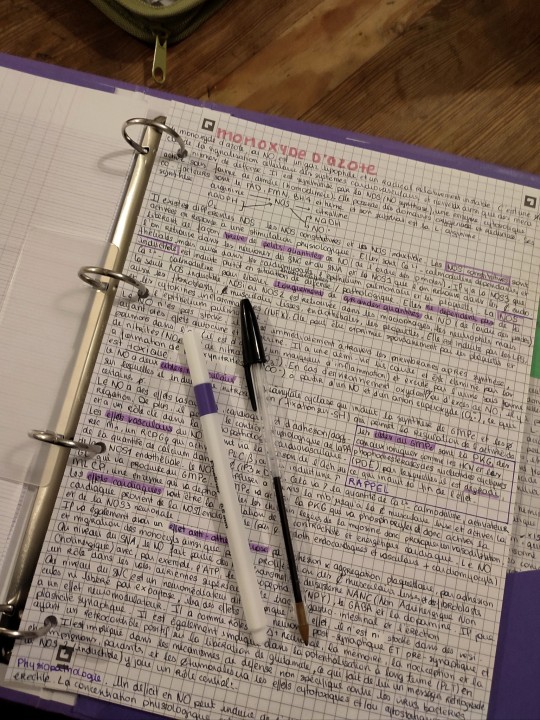
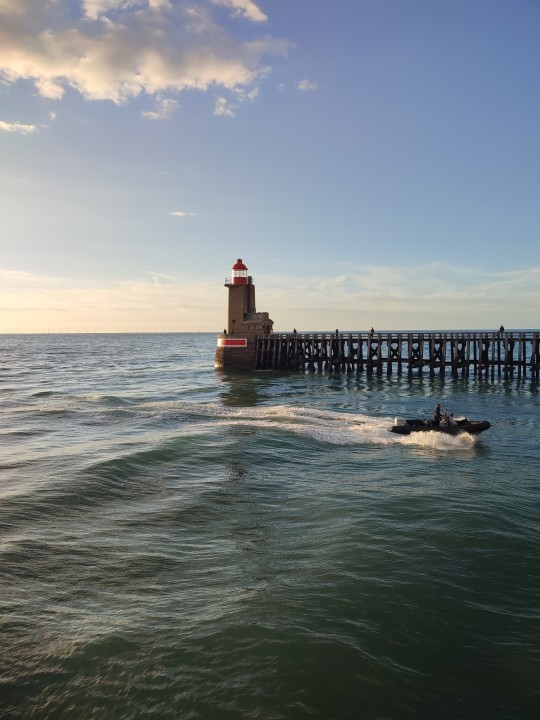
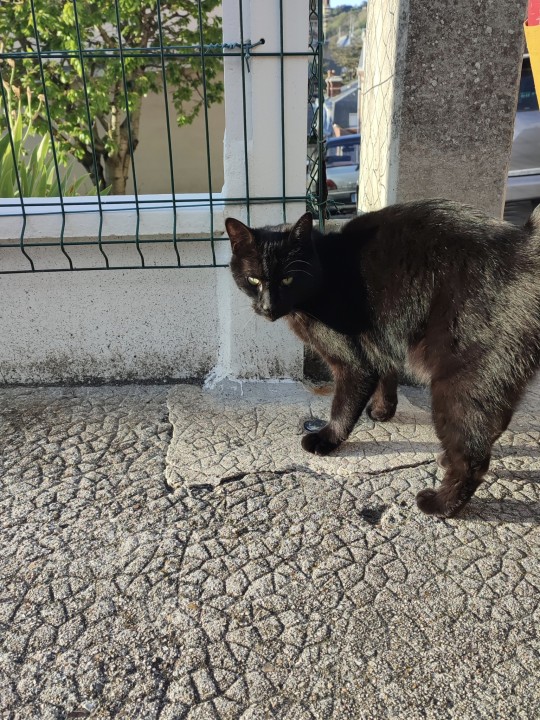
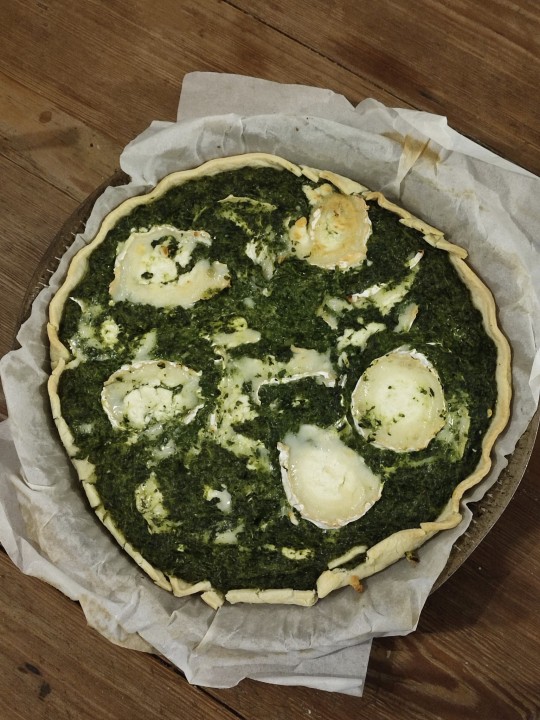
🌊 03.05.2024 // life lately. A bit of studying, a black cat, some cooking and the sea.
144 notes
·
View notes
Text



💫 April 21, 2024
major crunch time for working on my paper today. hoping to have the first draft done on Tuesday
current writing progress: 0%
writing progress by the end of today: ??
also desperately wishing I had a dual monitor set up right now because I need multiple tabs open for sources 🥲
99 notes
·
View notes
Text

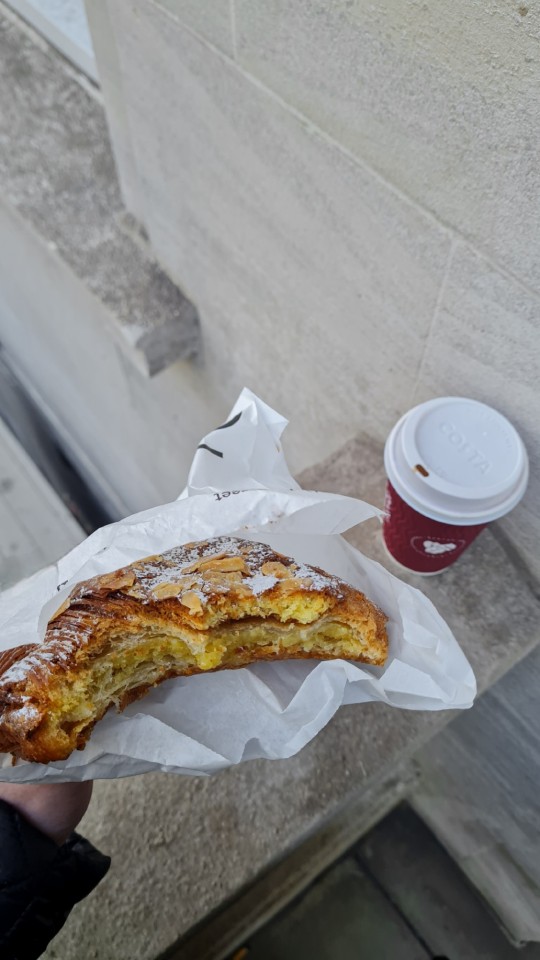

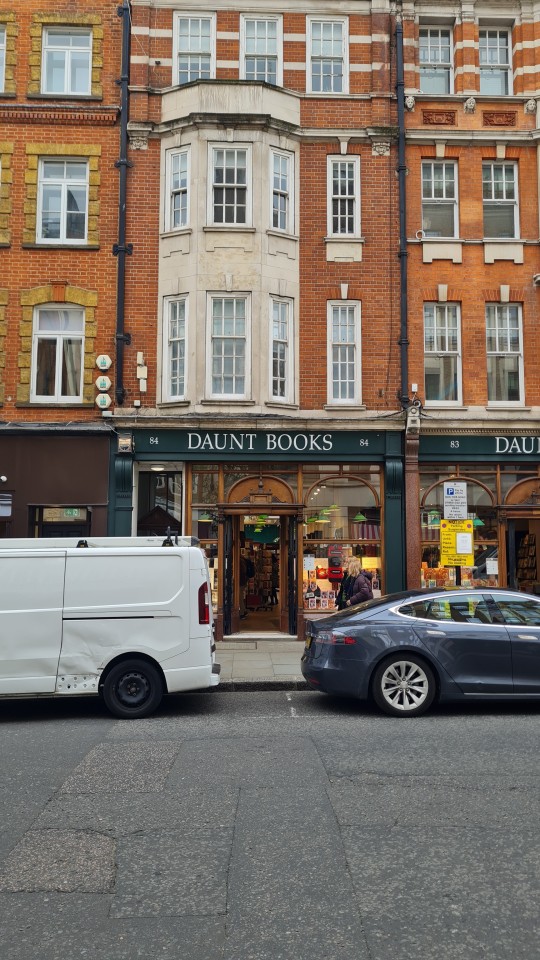
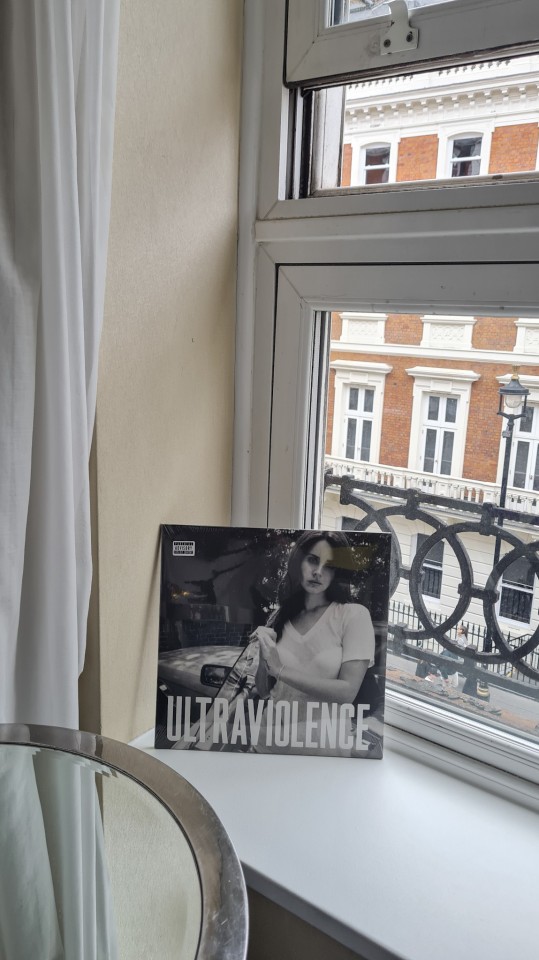
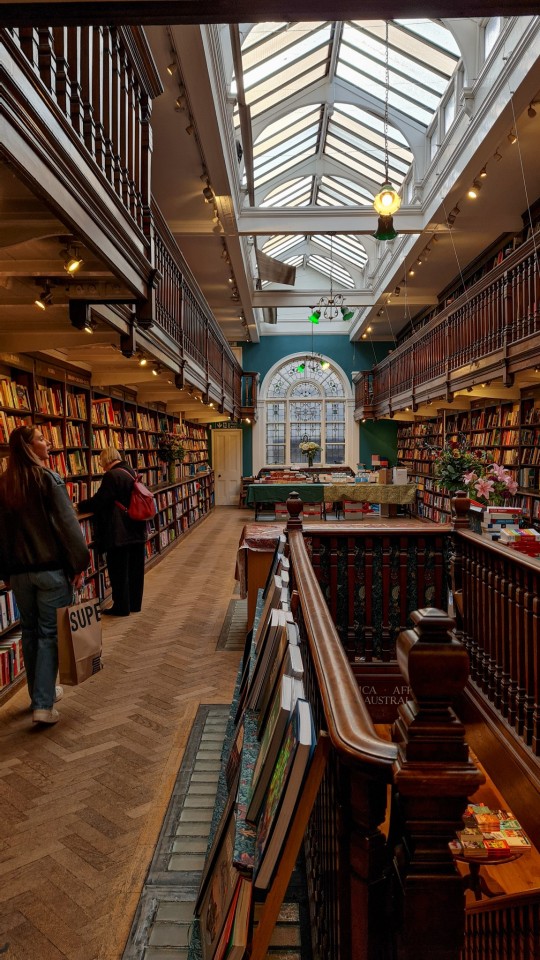
18th april '24 — london
this was such a special trip for me. my first time travelling entirely on my own, discovering and falling in love with a city. i've been to london a few times growing up, but i've never had the chance to really explore and live in it until now. forever an experience i'll cherish <3
458 notes
·
View notes









